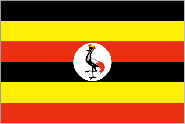Building Resilient Communities, Wetland Ecosystems and Associated Catchments in Uganda
Building Resilient Communities, Wetland Ecosystems and Associated Catchments in Uganda
The impacts of climate change, coupled with other human and environmental stressors, is increasing degradation of wetlands and their associated ecosystem services in Uganda. This is negatively affecting the livelihoods of the people living in and around the wetlands – around 4,000,000 people. In fact, over 80% of the people living adjacent to wetland areas in Uganda directly use wetland resources for their household food security needs.
Given that wetlands are highly vulnerable to changes in the quantity and quality of their water supply, climate change will most likely substantially alter ecologically important attributes of wetlands and will exacerbate the impacts from human activity. On the other hand, the loss of wetlands could exacerbate the impact of climate change in as they provide fundamental services that contribute to mitigation of such impacts.
Implemented by Ministry of Water and Environment in partnership with Ministry of Agriculture Animal Industry and Fisheries and Uganda National Meteorological Authoritym, with funding from Green Climate Fund, United Nations Development Program (UNDP) and Government of Uganda, the 8-year project Building Resilient Communities, Wetland Ecosystems and Associated Catchments in Uganda (2017-2025) is addressing the management of critical wetlands affected by a changing climate.
While restoring wetlands and their ecosystem services, based on the wise-use principles and guidelines outlined by the Ramsar Convention on Wetlands, it is also supporting sustainable land management practices and reforestation, resilient agricultural practices and alternative livelihoods for communities living in these areas. This support will reduce the pressures on the wetlands. Finally the project is strengthening the climate information and early warning systems to support these communities to make climate-resilient decisions. Up to 800,000 people in 24 districts of East and Southwestern Uganda will directly benefit.
The project is currently in its 5th year of implementation. Achievements to date include:
- 38,941 ha of degraded wetlands restored;
- 6,655ha of degraded catchment rehabilitated and/or restored;
- An increase of 64% in agricultural income and livelihood among households;
- 38% of the population have access to improved climate information.
Output 1: Restoration and management of wetland hydrology and associated forests
Output 2: Improved agricultural practices and alternative livelihood options in the wetland catchment
Output 3: Strengthening access to climate and early warning information to farmers and other target communities to support wetland management
Project Overview
The impacts of climate change, coupled with other human and environmental stressors, is increasing degradation of wetlands and their associated ecosystem services in Uganda. This is negatively affecting the livelihoods of the people living in and around the wetlands – around 4,000,000 people. In fact, over 80% of the people living adjacent to wetland areas in Uganda directly use wetland resources for their household food security needs.
Given that wetlands are highly vulnerable to changes in the quantity and quality of their water supply, climate change will most likely substantially alter ecologically important attributes of wetlands and will exacerbate the impacts from human activity. On the other hand, the loss of wetlands could exacerbate the impact of climate change in as they provide fundamental services that contribute to mitigation of such impacts.
Implemented by Ministry of Water and Environment in partnership with Ministry of Agriculture Animal Industry and Fisheries and Uganda National Meteorological Authoritym, with funding from Green Climate Fund, United Nations Development Program (UNDP) and Government of Uganda, the 8-year project Building Resilient Communities, Wetland Ecosystems and Associated Catchments in Uganda (2017-2025) is addressing the management of critical wetlands affected by a changing climate.
While restoring wetlands and their ecosystem services, based on the wise-use principles and guidelines outlined by the Ramsar Convention on Wetlands, it is also supporting sustainable land management practices and reforestation, resilient agricultural practices and alternative livelihoods for communities living in these areas. This support will reduce the pressures on the wetlands. Finally the project is strengthening the climate information and early warning systems to support these communities to make climate-resilient decisions. Up to 800,000 people in 24 districts of East and Southwestern Uganda will directly benefit.
The project is currently in its 5th year of implementation. Achievements to date include:
- 38,941 ha of degraded wetlands restored;
- 6,655ha of degraded catchment rehabilitated and/or restored;
- An increase of 64% in agricultural income and livelihood among households;
- 38% of the population have access to improved climate information.
Project Details
Uganda, wetlands provide many important functions to the people, particularly in the context of food security. This is in addition to its role as a habitat for biodiversity that is also important for the economy. According to a recent 2013 study on the value of wetlands in Uganda, several market and non-market benefits are identified: “The market benefits include water for domestic use and watering of livestock, support to dry season agriculture, provision of handicrafts, building materials, and food resources such as fish, yams, vegetables, wild game, and medicine. The non-market benefits include flood control, purification of water, and maintenance of the water table, microclimate moderation, and storm protection. Wetlands also serve as habitats for important flora and fauna, have aesthetic and heritage values, and contain stocks of biodiversity of potentially high pharmaceutical value. Over 80% of the people living adjacent to wetland areas in Uganda directly use wetland resources for their household food security needs.” In addition to supporting food and water security, wetlands also support income generation and employment. “Of a total population of 34 million Ugandans, it is estimated that wetlands provide about 320,000 workers with direct employment and provide subsistence employment for over 2.4 million.”
Wetland health and resilience can easily be compromised by climate change impacts. Climate change models for Uganda predict that temperatures will continue to increase, and there will be changes in the seasonal distribution and amount of rainfalls, more frequent extreme weather events, and increases in the frequency of heavy rainfalls. Increases in temperature and erratic rainfall will result in more frequent and intense floods, droughts and heat waves, which will directly threaten wetlands and livelihoods that rely on its healthy ecosystem services. Hydrologic and drainage maps of the project targeted sites (the eastern and southwestern Wetlands Basin) indicate that most of the freshwater inflows pass through the wetlands and natural forests. These systems have played an integral role in maintaining the quality of water over the centuries. However, over the last three decades, climate change impacts, as well as other baseline (non-climate) issues such as excessive sedimentation and non-native species invasions, have resulted in substantial water quality deterioration.
News
'To destroy Uganda, destroy wetlands -- Govt official', UNDP Uganda, February 2022
'Government of Uganda and UNDP launch implementation of a $44.26 million project to restore wetlands and build community resilience', ReliefWeb, 29 November 2017
'Uganda, UNDP Sign Landmark Financing Agreement to Restore Wetlands', Chimp Reports, 23 August 2017
Country Initiatives
Key Results and Outputs
Output 1: Restoration and management of wetland hydrology and associated forests
Under this sub-component, at least 760 km2 of degraded wetlands and its associated catchment will be restored and the lives of 500,000 people will be improved in selected districts of Eastern and South Western Uganda. The overall aim of the intervention is to restore the ecological and hydrological integrity of the wetland and support the development and implementation of a community-based framework for wetland management plans. This will help support climate risk management and resilient livelihoods through enhanced ecosystems services in the area.
Output 2: Improved agricultural practices and alternative livelihood options in the wetland catchment
This output will target at least 150,000 farmers including those who currently do not have secure access to irrigation, land-poor farmers, women-headed households, and the landless, to build more climate-resilient livelihoods. Investments in small-scale rural infrastructure (shallow bore wells, drip irrigation, tilling tools) for agricultural purposes, especially on-farm water management infrastructure such as dams, canals, drip irrigation systems, as well as farming best practices and crop diversification will be implemented to realize high economic return given their coverage. In addition, the output will focus on technical skills training for employment in key economic sectors viable in wetland areas, such as tourism, health and construction. Most of the beneficiaries have very low levels of education and no skills that can help them find a job. Beneficiaries will be trained in specific skills with high employability potential (e.g. earth mover, driver, assistant nurse, reception clerk in hotels, desktop publishing).Output 3: Strengthening access to climate and early warning information to farmers and other target communities to support wetland management
Output 3: Strengthening access to climate and early warning information to farmers and other target communities to support wetland management
This output will focus on strengthening access to reliable climate-related information and scaling up advisories for farmers and other target communities in the two wetland target areas, to improve the adaptation capacity of the entire population in and around the wetlands – around 1 million people. This will include the expansion of networks that generate and process climate-related data into relevant information to the scale and location of local districts, villages or communities, as well as dissemination of climate-related information/services, advisories and early warnings to communities. A strong focus of this output will be on delivering actionable climate-related information to communities, taking the form of agro-met advisories for agriculture, as well as the dissemination channels for making information available to the “last mile.”
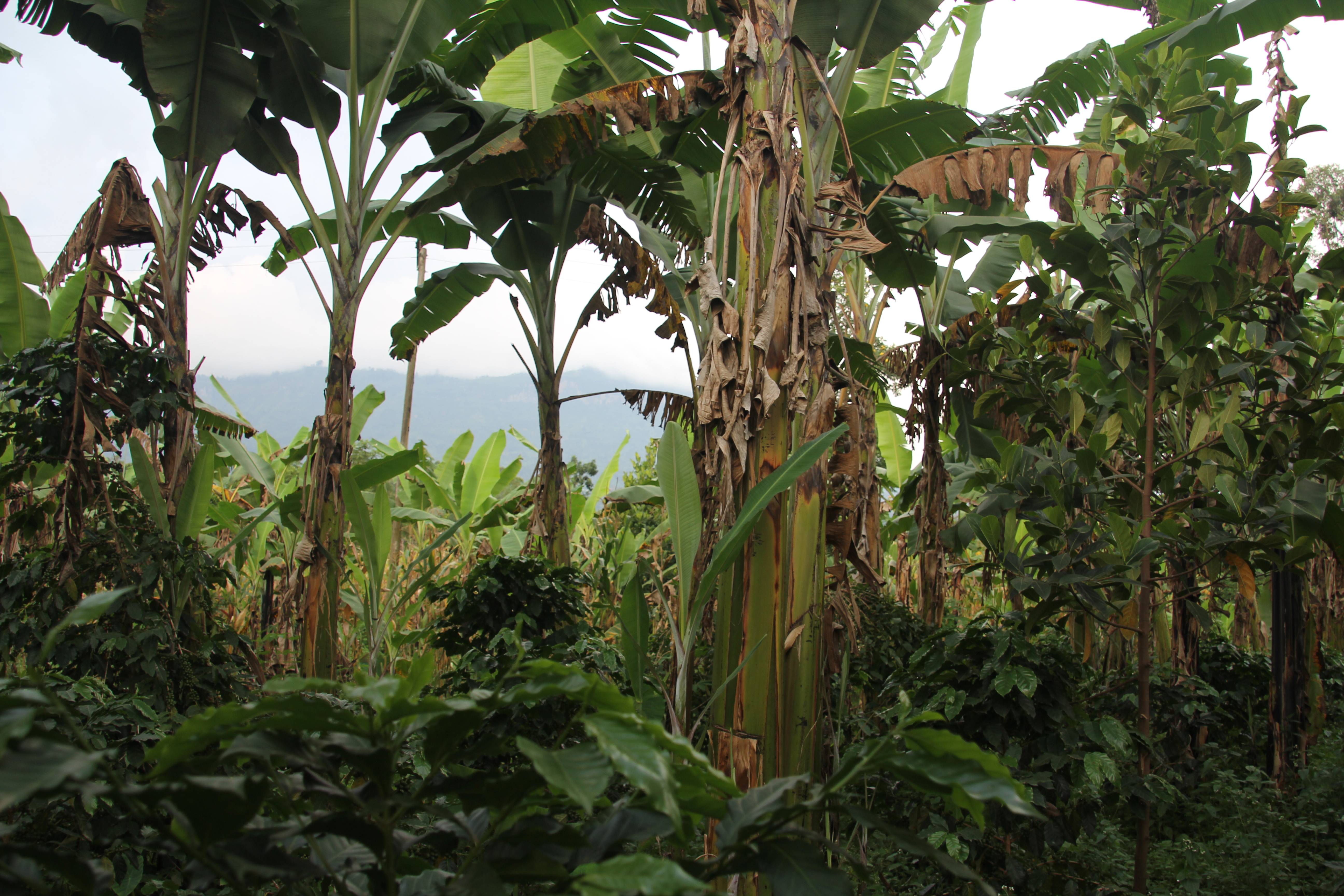
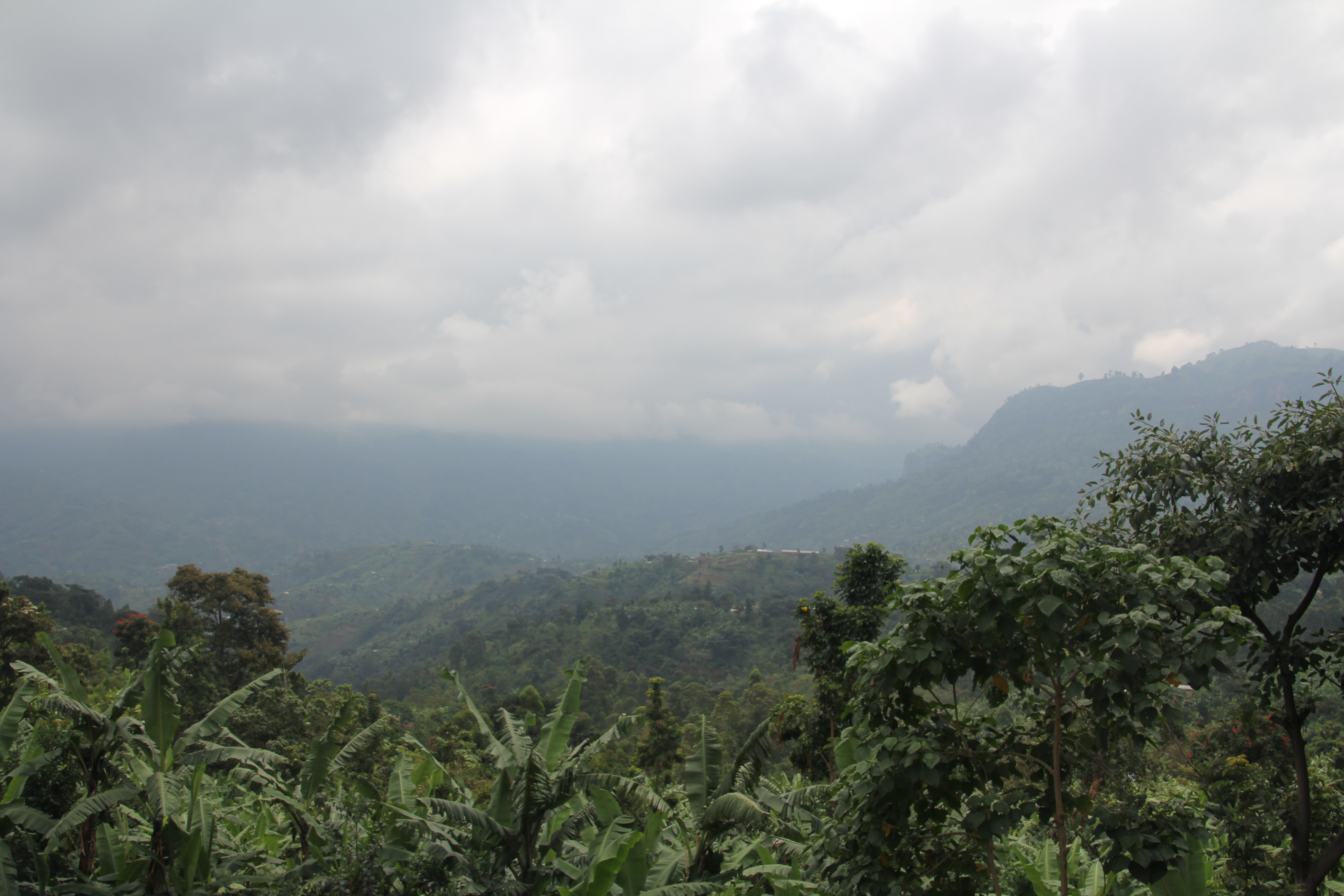

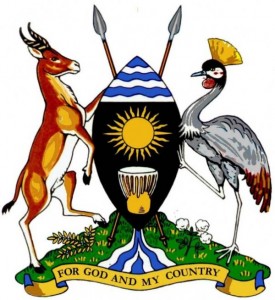

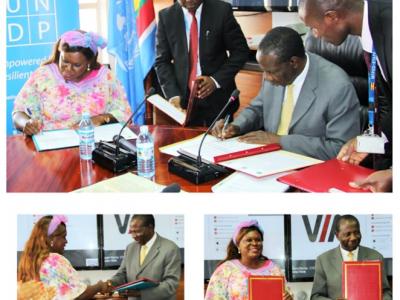 Government of Uganda and UNDP sign financing agreement for new climate fund to restore wetlands and build community resilience
Government of Uganda and UNDP sign financing agreement for new climate fund to restore wetlands and build community resilience 